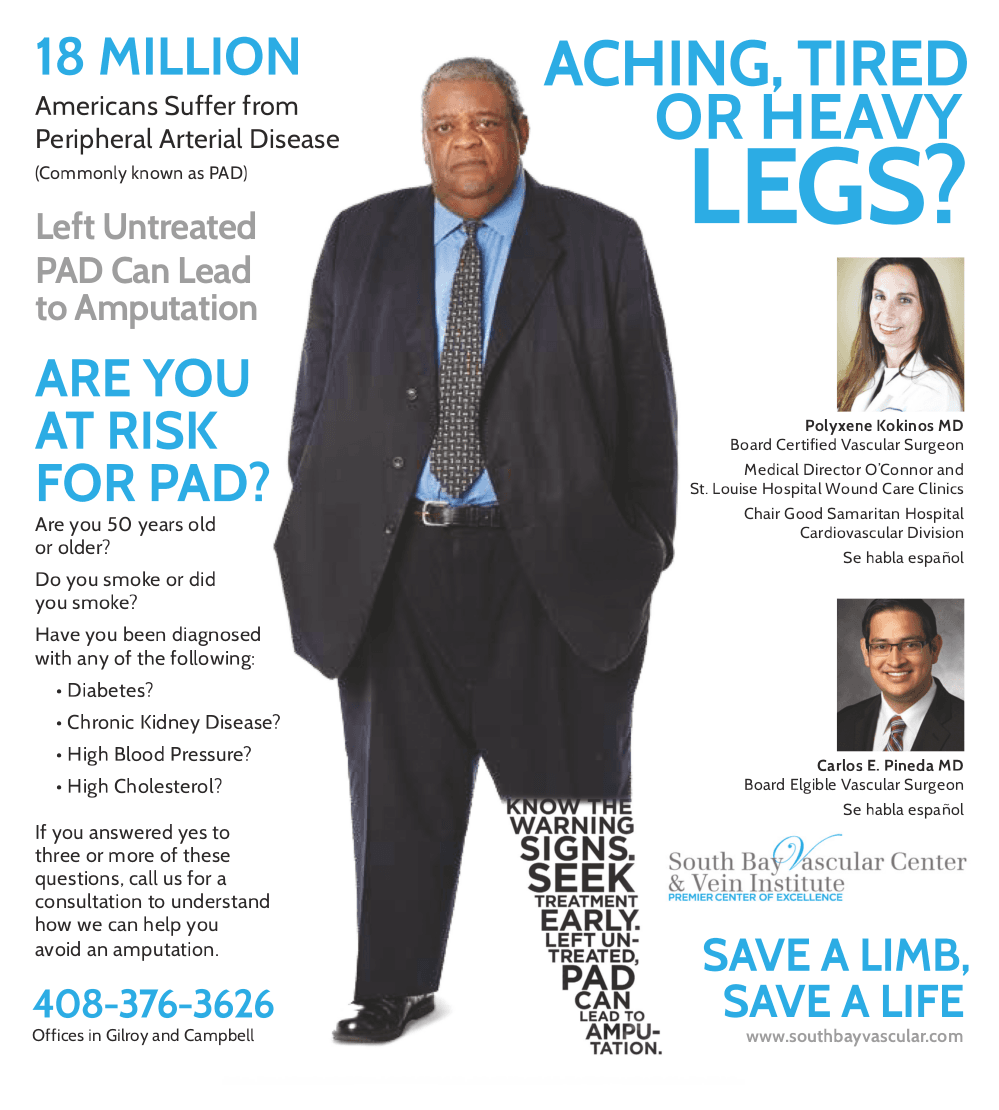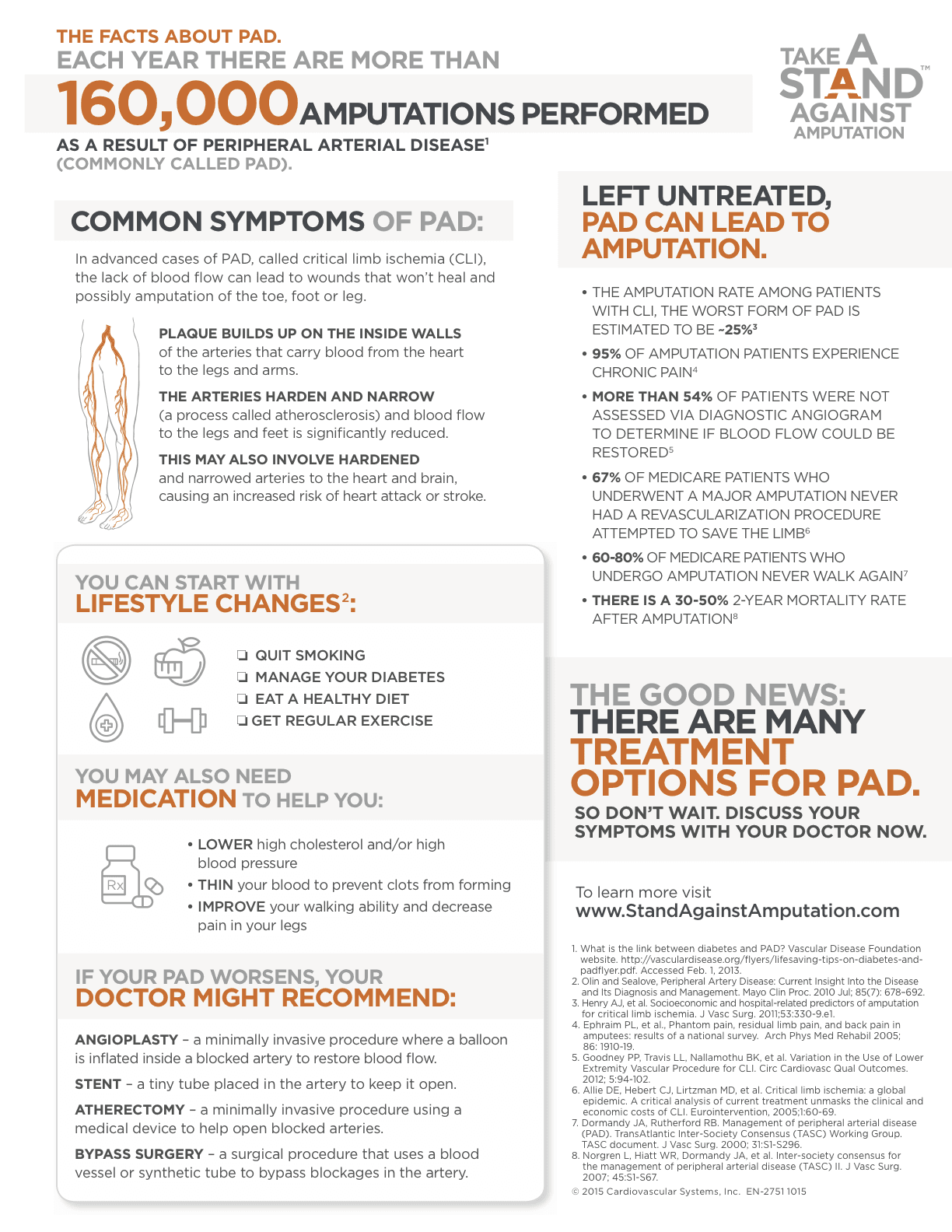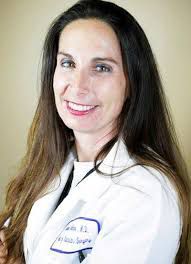
WE GIVE YOU HOPE FOR PREVENTING DIABETIC AMPUTATIONS


Time and again, patients come to our office following a vein procedure by local Vein “Experts”, Vein “Specialists” and Phelebologists complaining that their legs continue to hurt and to swell even after their varicose vein procedures. Disappointed and scared, many of these patients have spent thousands of dollars, have undergone multiple procedures and have endured months of pain, only to find that they have been treated for the wrong condition and have been told that there is nothing else that their doctor can do to help them. Not knowing where else to turn, patients walk into our office knowing that something is just not right and hoping that we we can help.
The question is, why is this happening?
For the past 23 years the physicians and surgeons at South Bay Vascular Center and Vein Institute have dedicated their entire practice to treating patients with the full range of venous issues–from cosmetic spider veins to non-healing venous ulcers. Since 2005 alone, we have performed over 10,000 endovenous closure procedures in our office, and have done thousands more phlebectomies and sclerotherapy sessions in an effort to help our patients return to a normal life. At South Bay Vascular, we are not just a varicose vein treatment center or vein clinic; we are a group of board certified vascular surgeons, clinically trained to treat patients with problems in any part of their circulatory system. Treating varicose veins is not something we have learned at a weekend course or seminar as a way to augment our primary practice…veins are our primary practice and that is what we have been clinically trained to do.
Unfortunately, this isn’t always the case. And that is why so many patients come to our office looking for help.
Many of our patients, having been previously treated for varicose veins by cardiologists, internists, dermatologists and phlebologists positioning themselves as Vein “Specialists” and Vein “Experts”, but have conditions far more complicated than “leaky valves” that show up as varicose veins. In most of the complications we see, patients have been treated by doctors thinking the problem could be easily fixed using a VNUS, EVLT or Sclerotherapy procedure. Unfortunately for the patient many times this simple procedure does not work because their underlying medical condition is a much more complex and difficult problem to treat. When a patients problems persists, these same doctors end up referring these patients to an emergency room or to a vascular surgeon hoping their complications can be undone. Worse yet, sometimes these same doctors simply tell their patients that there is nothing else that can be done for them.
In our years of treating patients with venous disease we have achieved a technical success rate using our endovenous VNUS and laser procedures of nearly 100%. But NEARLY 100% is a far cry from 100%. Some patients don’t feel better. Some patients, continue to have legs that ache, legs that remain swollen, and wounds that do not heal. Some of our patients were just not getting better.
Up until about two years ago, all we could do for those patients whose legs did not heal was to repeat the ultrasound and hope to find some other vein issue that we could treat. Sometimes this worked; but many times it didn’t. In the instances when we did find a secondary vein or discovered that a vein treated earlier just did not close entirely, we would proceed to treat this vein a second time; but even then, many of our patients simply did not get better. Our question continued to be Why?
After 20 years and tens of thousands of patients, we discovered that in certain patients, there was in fact, another mechanism in the venous system that was keeping our patients from getting better. It was called May-Thurners Syndrome.
What we have discovered is that in many of the cases where our patients did not heal, the problem wasn’t with the the Greater Saphenous Vein (the main vein treated in the vast majority of varicose vein procedures) but with the iliac veins; the vein between the belly button and the groin. What we discovered was that problems in the iliac vein could cause many of the same types of symptoms and problems that we saw when there were leaky valves in the leg veins. What we learned was that the problems with the iliac vein were usually the result of a compression or a scarring. What we discovered was that iliac vein compression (first identified in the early 50’s by Dr’s May and Thurner) happened because of the way the iliac vein is anatomically positioned between a beating artery and a hard pelvic bone and that often times this presented as varicose veins and swollen left legs.
Iliac Vein Compressions not only causes elevated pressure in the left leg resulting in aching, swelling, and non-healing wounds, but predisposes the left side to a much higher risk of blood clots after orthopedic surgery, long flights or drives, cancer, periods of immobility or bed rest.
Very few doctors, it turns out, are able to treat iliac vein compression, because one has to be a vascular surgeon and or an interventional radiologist to do so. Many of the so-called phlebologists, and “vein doctors”, who decided to abandon their field of training to treat varicose veins and other cosmetic issues, are not people who were trained in their residencies or fellowships to perform this type of procedure. Nor were they trained in ultrasound or in understanding the flow dynamics of the vascular system. Because of this lack of clinic training, they are unable to treat iliac vein compression, and so they ignore it, keeping many patients from options that could help improve their daily lives, relieve their leg swelling, and heal their leg wounds.
At South Bay Vascular, we have trained and have performed thousands of venus procedures and have treated hundreds of cases of iliac vein compression. We are experts in all aspects of vascular surgery, including conditions like iliac vein compression. Unlike phlebologists, we can offer all approved treatment options to patients for the treatment of their leg aching, swelling, and discoloration. Most importantly, it is our state of the art accredited vascular lab and registered ultrasound technologists who make so much of what we do at south bay vascular possible. Our advanced vein mapping and screening protocols, together with our national accreditation gives us the ability to do cutting edge surgical procedures; this is what sets us apart from nearly every other vein clinic and treatment center in the whole of Northern California.
Because of the advances in medical imaging and device technology, a large number of our procedures can be done on an outpatient basis in our office. Dr. Kokinos is a recognized leader in the area of deep venous disease and has treated more patients in northern California using Intravascular Ultrasound than any other physician in the region. As a result of her cutting edge treatment protocols and surgical techniques, Dr. Kokinos has been recognized as an international expert and has been an invited speaker at national vascular and interventional meetings in San Francisco, Miami, and Colorado over the last 6 months to discuss her findings and her treatment for patients presenting with these types of problems. Most recently she has been asked to speak at the main venous meeting in the United States, the American Venous Forum, where she will be presenting her clinical research on the use of non-invasive and minimally invasive techniques to diagnose and treat iliac vein compression.
Currently, Dr. Kokinos serves as the Medical Director of the Wound Care Centers at O’Connor and St. Louise Hospitals, and is the Chairperson of the Cardiovascular department at San Jose’s Good Samaritan Hospital. She and her partner, Dr. Carlos E. Pineda, are dedicated to offering patients suffering from both arterial and venous wounds the most cutting-edge and effective treatments available to save their legs, stop their pain, and improve their lives.
If you or anyone you know suffers from varicose veins, diabetic infections, non-healing leg wounds and or are facing an amputation, please call our office to understand your options.
We offer hope when others say there is none.
408-376-3626

Polyxene Kokinos MD, a Board Certified Vascular and General Surgeon of South Bay Vascular Center and Vein Institute was named today as the new medical director of the O’Connor and St. Louise Hospital’s wound care clinics. Dr. Kokinos brings over 25 years of vascular surgery experience to her new position as medical director and is recognized as a national expert in the treatment of peripheral vascular and arterial disease. Dr. Kokinos has a special interest in the treatment of lower extremity and deep venous disease and is recognized as one of the country’s leading experts in this area. Currently, Dr. Kokinos serves as the Chairman of the Cardio Vascular department at Good Samaritan hospital in San Jose. and is honored to accept her new medical directorship at O’Connor and St Louise hospitals.
Highly sought after as a speaker, over the past 4 months Dr. Kokinos has presented her research in deep venous disease at the OEIS national meeting in Miami, Fl.; Western Vascular Society in Colorado Springs, Co; Northern California Vascular Vascular in San Francisco, CA.; and has recently accepted an invitation to speak at the nations largest gathering of Vascular Surgeons at the American Venous Form of the Society for Vascular Surgeons scheduled for New Orleans, Louisiana in Feb of 2017.
Together with her Vascular Surgeon Partner, Dr. Carlos E. Pineda, Dr. Kokinos is excited to expand the current wound care practices at O’Connor and St. Louise Wound Care Clinics to include a specific focus on Chronic Limb Ischemia and Limb Salvage. To this extent, her experience using intravenous ultrasound (IVUS) to help diagnose and to treat deep venous disease, together with her experience delivering state of the art minimally invasive treatments for deep venous disease promises to be an exciting time as she works to transform these regional wound care clinics into world class centers of excellence.
Congratulations Dr. Kokinos on this new appointment.

Type “Varicose Vein” into Google search and in seconds, countless thousands of links pop up; each one pointing to a different website; each website claiming that their “Vein Doctor” is the “best”; and each practitioner promising to rid you of your ugly, painful veins, leg swelling and non-healing ulcers. Lost in this hype, finding the right physician might seem impossible. When everyone in cyberspace claims to be the best and backs up their claims by citing an endless list of credentials, professional affiliations and most importantly, showing off their work: their before and after galleries… it gets confusing.
Choosing the best doctor for your specific condition can be a difficult decision and should only be made after serious consideration of the available options. In the best of scenarios, patients should visit as many doctors as they can; to interview and to question them about everything relating to their condition. In these visits, patients are encouraged to evaluate everything from the reception staff to the vascular ultrasonographer; is your vascular ultrasound done “in-house”..is the ultrasonographer a registered ultrasound technologist…or are you sent to the hospital for an ultrasound. All of this makes a difference because your doctor will make their diagnosis on the basis of your ultrasound report. Ultrasounds must be read by a RPVI registered physician, not simply a radiologist… as the two physicians will look for vastly different signs relating to vascular disease and health. Keep in mind if the study isn’t read correctly, the procedure can go poorly.Patients should also pay special attention to the medical assistants, the nurses, the quality of the facility and ultimately, to the doctor themselves. As simple as this may sound, getting comfortable with and trusting your physician is unquestionably the most important part of the entire process. If the answer to any of your questions isn’t to your liking, ask a second and a third question for clarity. If you are still not satisfied, take the time to seek out another health care professional. Most importantly, keep in mind that on-line internet reviews and rankings mean nothing unless you, yourself, feel comfortable in the presence of your doctor. Take the time to choose wisely.
Doctors must earn a patient’s trust by ensuring that their patients understand their options, the risks of doing the surgery, and the expected outcomes from the procedure. If your doctor doesn’t seem to have enough time for you or your feel like you are being fed into a “treatment machine”, stop and go somewhere else. Remember, even though your goal is to correct your varicose veins, every cosmetic procedure carries with it a certain amount of risk; up to and including death. While many Varicose Veins are stand alone conditions, they can also be the expression of a much more complicated underlying circulatory problem. Ensuring your physician has the proper qualifications and experience to deal with ANY underlying circulatory issue, aside from the varicose vein itself, should be a vital part of your decision…and just because you doctor has done a lot of procedures, it doesn’t mean that the outcomes have been good. Ask them the tough questions….ask them what happens if your legs continue to swell after the procedure, what they will do? Just telling you to continue wearing compression stockings isn’t always the right answer. Ask your physician to show you the results of your ultrasound study and to explain why they believe the varicose vein is only a cosmetic issue and not a systemic issue. If the answer doesn’t seem right to you, it probably isn’t.
Who is the right person to call? What training should your “Varicose Vein Doctor” have? Always ask the question, “What happens if something goes wrong during the procedure?” Does the doctor you are interviewing for your procedure have the necessary training and qualifications to treat these problems? If you do need to be admitted to a local hospital if the unexpected happens, does your doctor have the RIGHT admitting privileges there to help you? If they answer that you will be sent to the ER, they clearly do not have the correct privileges…and this should be an important warning. If they say that they have done hundreds, maybe thousands of these procedures without a complication, and that there is nothing to worry about, be aware that every procedure has a potential for unexpected complications.
Dr. Kokinos is a ABMS Board Certified General And Vascular Surgeon with extensive training in the diagnosis and the treatment of vascular disease. Her award winning South Bay Vascular Center and Vein Institute is the South Bay’s largest Vascular Surgery practice specializing in the treatment of vascular disease, including Peripheral Arterial Disease (PAD) Leg Swelling, the Treatment for DVT’s, and Varicose Veins. If you or anyone you know suffers from any of the conditions listed above, or have had complications with cosmetic vein procedures, Dr. Kokinos is happy to discuss your treatment options.